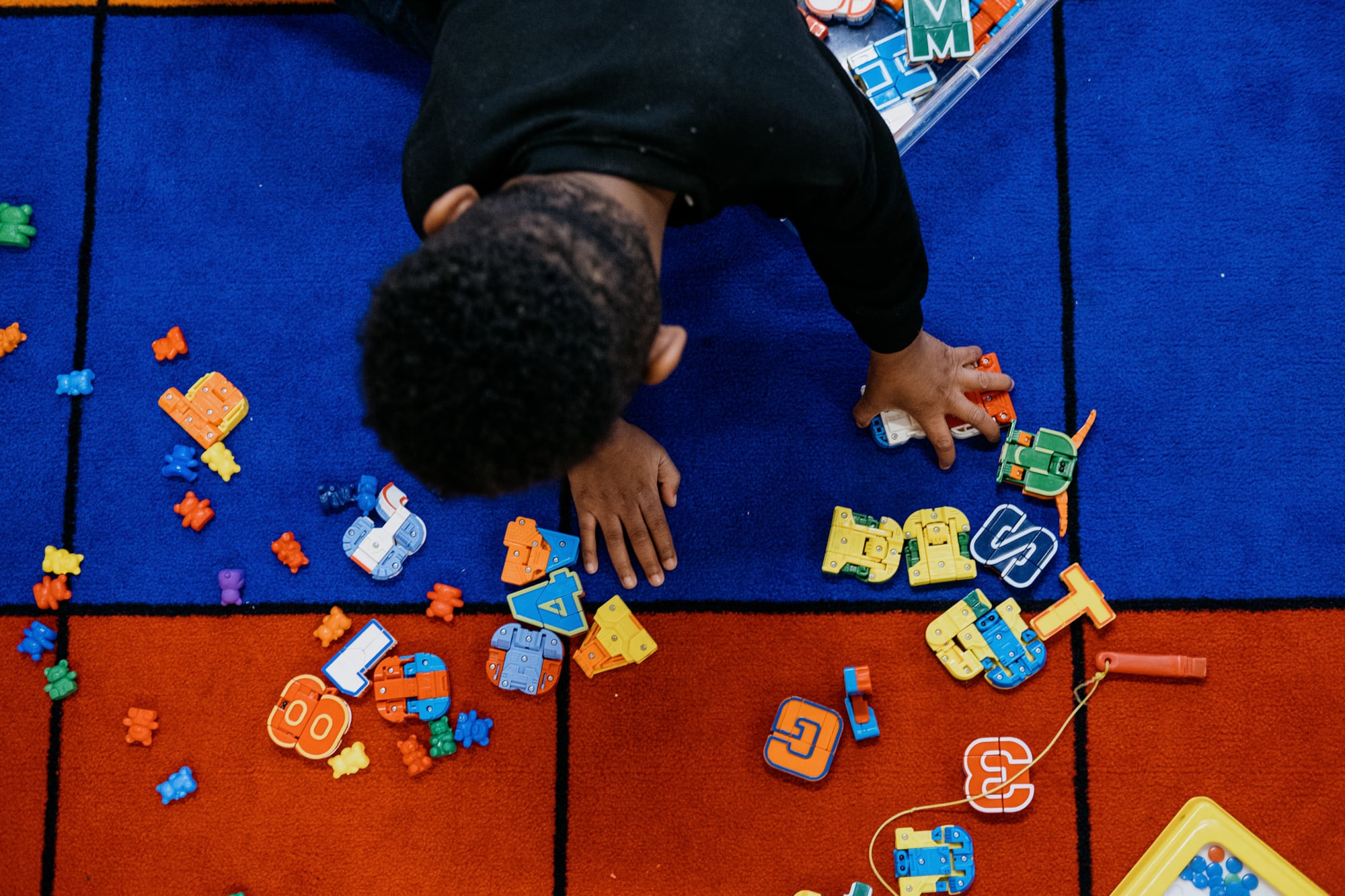Next month, New York City will begin providing subsidized child care to low-income, undocumented families, who typically can’t access such services because of their immigration status.
The $10 million initiative, called Promise NYC, is expected to serve 600 children over the next six months, city officials announced Wednesday. It also aims to help the influx of asylum-seeking families from South America who have come to New York City over the past several months.
Because children from undocumented families typically don’t qualify for state or federally subsidized child care, advocates had pushed state lawmakers to expand care for undocumented children earlier this year. But that effort failed.
In the spring, city lawmakers pushed the mayor to include $10 million in this year’s budget expanding childcare for undocumented children. In June, Mayor Eric Adams committed to funding the initative, which would pay for vouchers and “develop a mechanism for families to seek care without compromising the confidentiality of their immigration status,” according to his “Blueprint for Child Care & Early Childhood Education in New York City.”
The city tapped four community-based organizations with “deep ties to immigrant communities in their respective boroughs” to help launch the program: the Chinese American Planning Council in Queens, Center For Family Life in Brooklyn, Northern Manhattan Improvement Corporation in Manhattan and the Bronx, and La Colmena will help Staten Island families.
The four organizations, which are contracting with the city’s Administration for Child Services, will be responsible for signing up eligible families.
Beginning in January, low-income undocumented families will be eligible to participate in the city’s child care voucher program, which provides free or low-cost child care to families with children ages 6 weeks to 13 years old. (To qualify, they must earn less than 300% of the federal poverty level.) Child care providers — licensed center-based or registered home-based care — will get reimbursed by the community organizations overseeing the program, city officials said.
Many asylum-seeking families residing in shelters are having trouble finding work without access to child care, according to Gothamist.
In a statement, Adams said his plan will alleviate the challenges that come with being a new immigrant.
“Navigating obstacles in a new city and a new country are tough, and coupling those issues with a lack of child care can prevent parents and families from achieving the dream they so desperately set out to achieve,” Adams said.
Reema Amin is a reporter covering New York City schools with a focus on state policy and English language learners. Contact Reema at ramin@chalkbeat.org.






